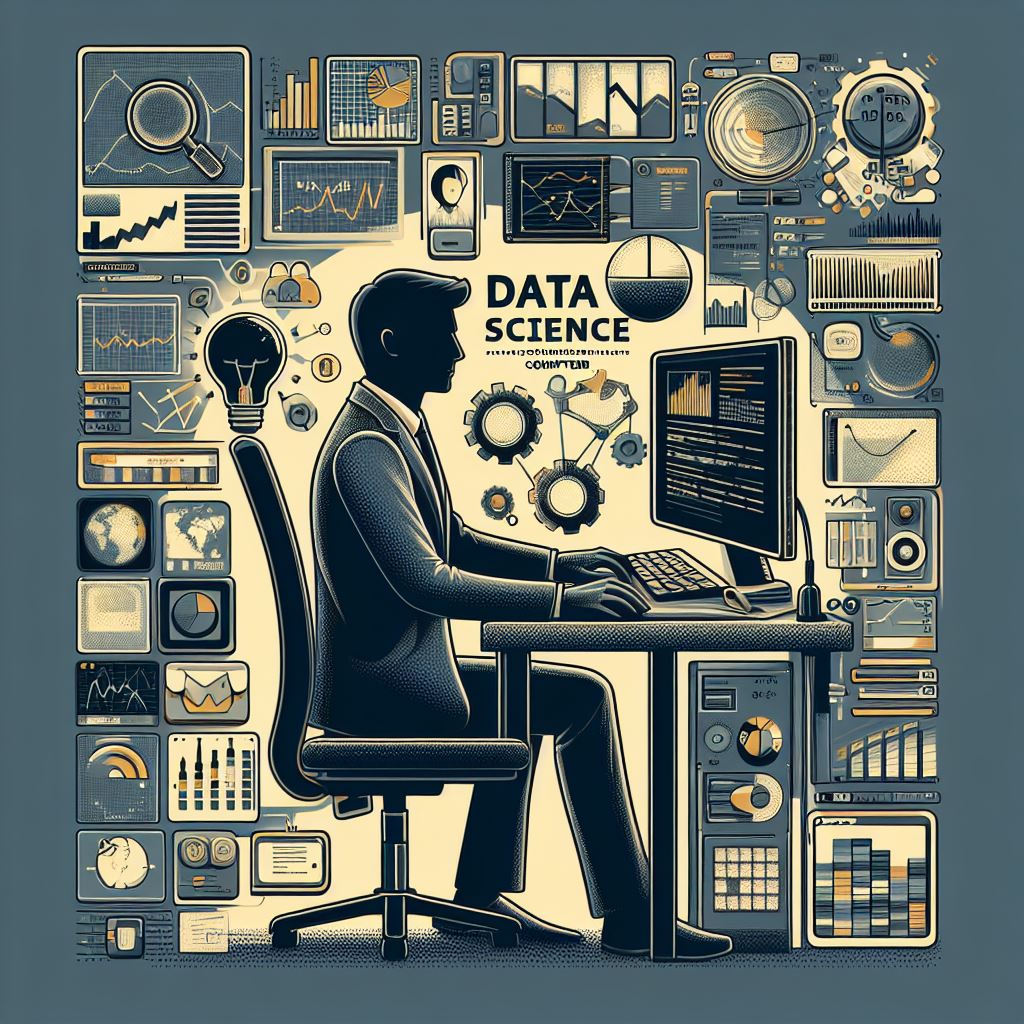In today’s fast-evolving digital landscape, businesses must constantly adapt to remain competitive. One of the most powerful ways to stay ahead is by leveraging the capabilities of Machine Learning (ML) and Artificial Intelligence (AI) to optimize SEO strategies. These technologies not only improve website visibility but also enhance the overall user experience. By understanding the synergy between ML, AI, and SEO, businesses can optimize their websites in ways that were previously impossible.
Machine Learning and SEO:
Machine Learning is a subset of AI that allows computers to learn from data and make predictions or decisions without being explicitly programmed. In the context of SEO, ML algorithms can analyze vast amounts of data and identify patterns that help search engines rank content more effectively. By training ML models to understand user behavior and search intent, websites can be optimized to deliver content that ranks higher in search results.
Machine learning can improve SEO in several ways. For example, it can help identify trending keywords and suggest content topics that are likely to attract traffic. ML models can also predict which pages will perform well and recommend changes to improve the performance of underperforming pages. Additionally, ML can be used to optimize on-page SEO factors such as meta tags, image alt text, and internal linking.
AI and Content Creation:
Artificial Intelligence plays a significant role in content creation for SEO purposes. AI-powered tools can help generate high-quality content that resonates with both users and search engines. These tools analyze existing content to identify gaps, recommend keyword usage, and ensure that the content is optimized for readability and engagement.
AI can also assist in creating personalized content experiences for users. By analyzing user behavior and preferences, AI algorithms can tailor content to meet individual needs, which can boost engagement rates and improve SEO performance. Personalized content can increase the time users spend on a website, reduce bounce rates, and increase conversions.
Voice Search and AI:
As voice search becomes increasingly popular, AI is playing a critical role in optimizing websites for voice queries. Voice search uses natural language processing (NLP) to understand spoken queries, and AI can help businesses adjust their SEO strategies to cater to this growing trend. Websites can optimize for voice search by focusing on long-tail keywords and conversational phrases, which are more likely to be used in voice searches.
The Role of AI in Backlinking:
Backlinks remain one of the most important factors in SEO rankings, but building quality backlinks can be time-consuming. AI-powered tools can streamline this process by analyzing competitor backlink profiles, identifying potential link-building opportunities, and automating outreach efforts. By utilizing AI to assist in backlinking, businesses can improve their SEO rankings without spending excessive time on manual tasks.
Predictive SEO with Machine Learning:
Predictive SEO refers to using ML to forecast future SEO trends and search behavior. By analyzing historical data and current trends, ML algorithms can predict which keywords, topics, and content types are likely to perform well in the future. This allows businesses to stay ahead of the curve and adjust their SEO strategies proactively rather than reactively.
Conclusion:
The combination of Machine Learning and Artificial Intelligence is revolutionizing SEO, making it more data-driven and efficient. By using these technologies to analyze user behavior, create personalized content, and optimize on-page and off-page factors, businesses can improve their website rankings and deliver superior user experiences. As AI and ML continue to evolve, their role in SEO will only become more critical, enabling businesses to stay competitive in an increasingly crowded digital landscape.
5
